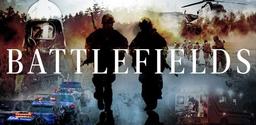Commentary
A few years back there was an article called “‘Did You Ever Kill Anyone?’ 5 Things Not To Say To A Veteran” that made its way through various social media sites popular with military veterans. The story identifies five specific topic areas, such as PTSD and killing in combat, as off-limits to ask veterans about. I thought I’d share my personal reaction to that article and the questions it addresses.





